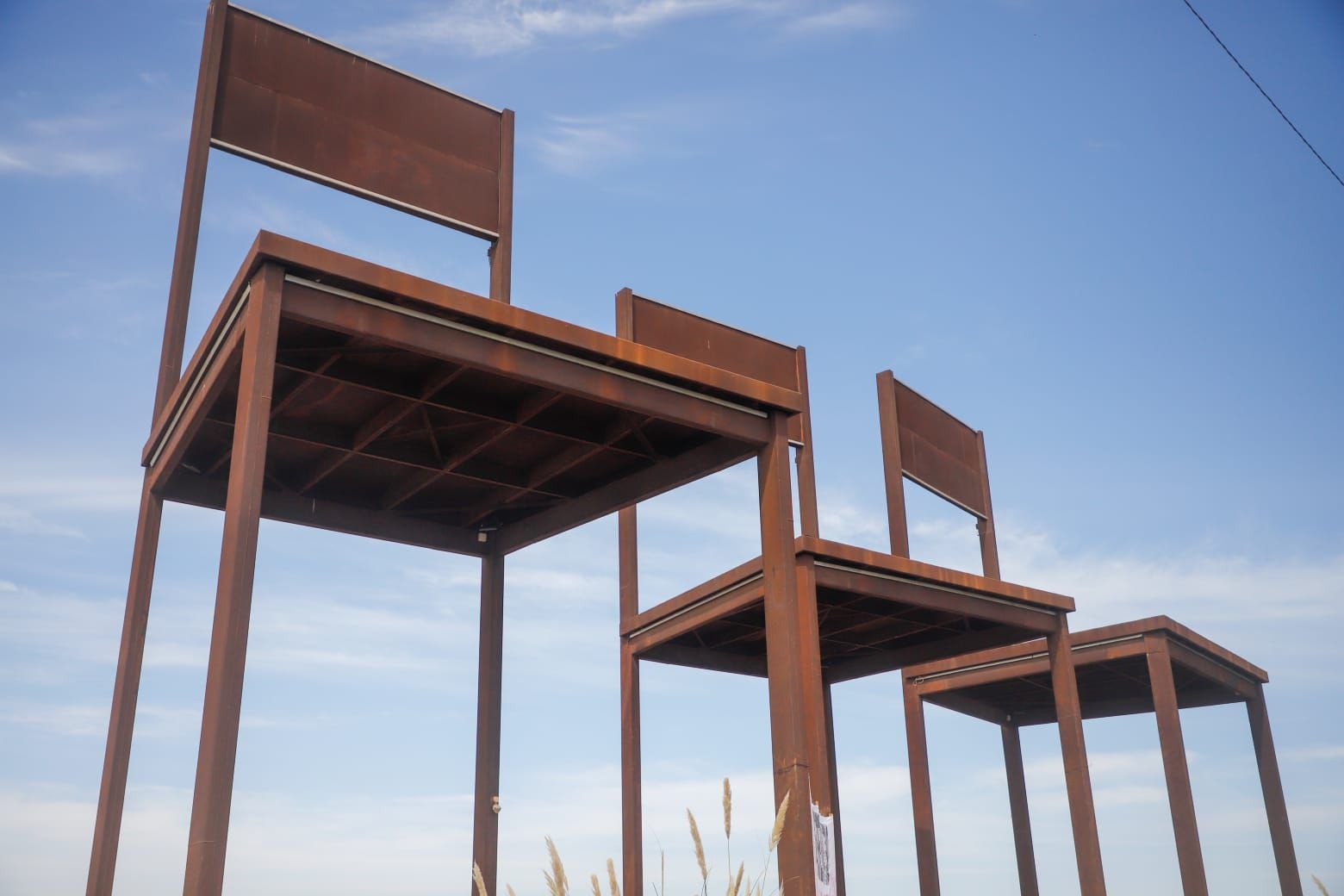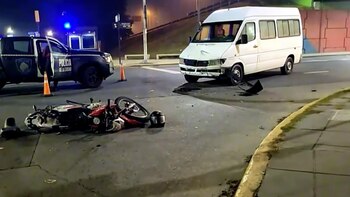
The first kidnapping was that of Santiago Nattino, on March 28 in 1985 by the Carabineros, who boarded Nattino, gunned him and forced him to get into a car.
The next day, Professor Manuel Guerrero and sociologist José Manuel Parada were on the outskirts of the Latin American School, located in the commune of Providencia in the capital, where three individuals grabbed them and put them into a vehicle to kidnap them. A colleague from Guerrero witnessed the event and when he wanted to intervene he was shot in his stomach. The car disappeared in an unknown direction, after another subject diverted traffic.
The three illegally detained were taken to a police station of the Carabineros Communications Directorate (Dicomcar), where they were tortured. On the morning of March 30, 1985, the victims were taken to the commune of Renca, located 18 kilometers from where they were detained, where the professionals were slaughtered and their bodies were abandoned on site, near the Santiago International Airport in Pudahuel.
Those responsible for the murder were members of Dicomcar, where 16 people were convicted of the murder. Among them five were sentenced to life imprisonment: Guillermo González Betancourt, José Fuentes Castro, Alejandro Sáez Mardones, Claudio Salazar Fuentes and Miguel Estay Reyno. However, all were released except for the last one, who was serving his sentence and in 2021 died as a result of covid-19.
The event was called the “Degollados Case”.
Commemoration at the memorial “The Three Chairs”

Former President Michelle Bachelet inaugurated in 2006 a memorial to the victims of the Degollados Case, which is located in the place where the bodies of Santiago Nattino, José Manuel Parada and Manuel Guerrero were found by peasants with obvious features of torture and anger.
The memorial is located in the commune of Renca, opposite the Arturo Merino Benitez International Airport and consists of three chairs that allude to the murdered professionals.
Every year a commemoration is held in the place where relatives of the victims participate, members of the Communist Party, the College of Teachers of Chile, and on certain occasions, political or government authorities attend the event. This year was no exception, where Minister of Labour and Social Security Jeannette Jara participated in the conference.
The Secretary of State spoke at the ceremony and said that “this was a violation of human rights, an unforgettable crime in the history of Chile and of profound violence. And today, 37 years later, the tremendous pain that the country experienced at that time continues to be rescued and it continues as an open wound like many human rights issues, where the recovery of memory, truth, justice and reparation are still very present issues in our society.”
He added that “we came to accompany the college of teachers and education workers. Guerrero, Nattino and Parada belonged to that sector of the country, of workers.” “I think it's super important to make it clear that no one or anything is forgotten in Chile. We must continue to cultivate the culture of human rights in the country,” the minister emphasized.
Those who also spoke with their voices in the commemoration were the relatives of the victims. Manuel Guerrero, son of the murdered professor, said that “this is a particularly crude day in the lives of many of us, of several families. It's the day my dad was kidnapped at the gates of my school.”
The children of sociologist José Manuel Parada were also present in the memory of their family member on March 30. “This day that, inexorably pushes me to the wound of the past, makes sense at the level of historical memory, if we project it, if we resignify it, for example, to understand that, for an effective Never Again it is necessary to turn everything around, fight for a world without oppression or violence” Camilo Parada wrote on his twitter account.
So did Juan José Parada, where he uploaded a photo together of his murdered father and said “I miss him, but this year he feels different. We are moving forward full of hope.”
The president of the Association of Relatives of Political Executees Alicia Lira, said that “we are going with hope, joy and affection again to honor and vindicate the legacy of Manuel, José Manuel and Santiago in the resistance under the name of the Government of Salvador Allende. They resisted the dictatorship in all its forms, that is still alive today”, he projected in conversation with Radio Cooperativa.
Paulina Cartagena, the head of the College of Teachers and in charge of the Department of Human Rights, clarified that “we teachers have always promoted dialogue and participation, so we cannot be indifferent to the repressive action of the Special Forces of Carabineros, both in Dictatorship and since the return to the democracy”.
Another activity on behalf of the victims of the Degollados Case was carried out during the afternoon at the intersection of Los Leones and El Vergel, streets where Manuel Guerrero and José Manuel Parada were kidnapped. human rights of individuals.
KEEP READING
Últimas Noticias
Debanhi Escobar: they secured the motel where she was found lifeless in a cistern
Members of the Specialized Prosecutor's Office in Nuevo León secured the Nueva Castilla Motel as part of the investigations into the case

The oldest person in the world died at the age of 119
Kane Tanaka lived in Japan. She was born six months earlier than George Orwell, the same year that the Wright brothers first flew, and Marie Curie became the first woman to win a Nobel Prize

Macabre find in CDMX: they left a body bagged and tied in a taxi
The body was left in the back seats of the car. It was covered with black bags and tied with industrial tape
The eagles of America will face Manchester City in a duel of legends. Here are the details
The top Mexican football champion will play a match with Pep Guardiola's squad in the Lone Star Cup

Why is it good to bring dogs out to know the world when they are puppies
A so-called protection against the spread of diseases threatens the integral development of dogs



